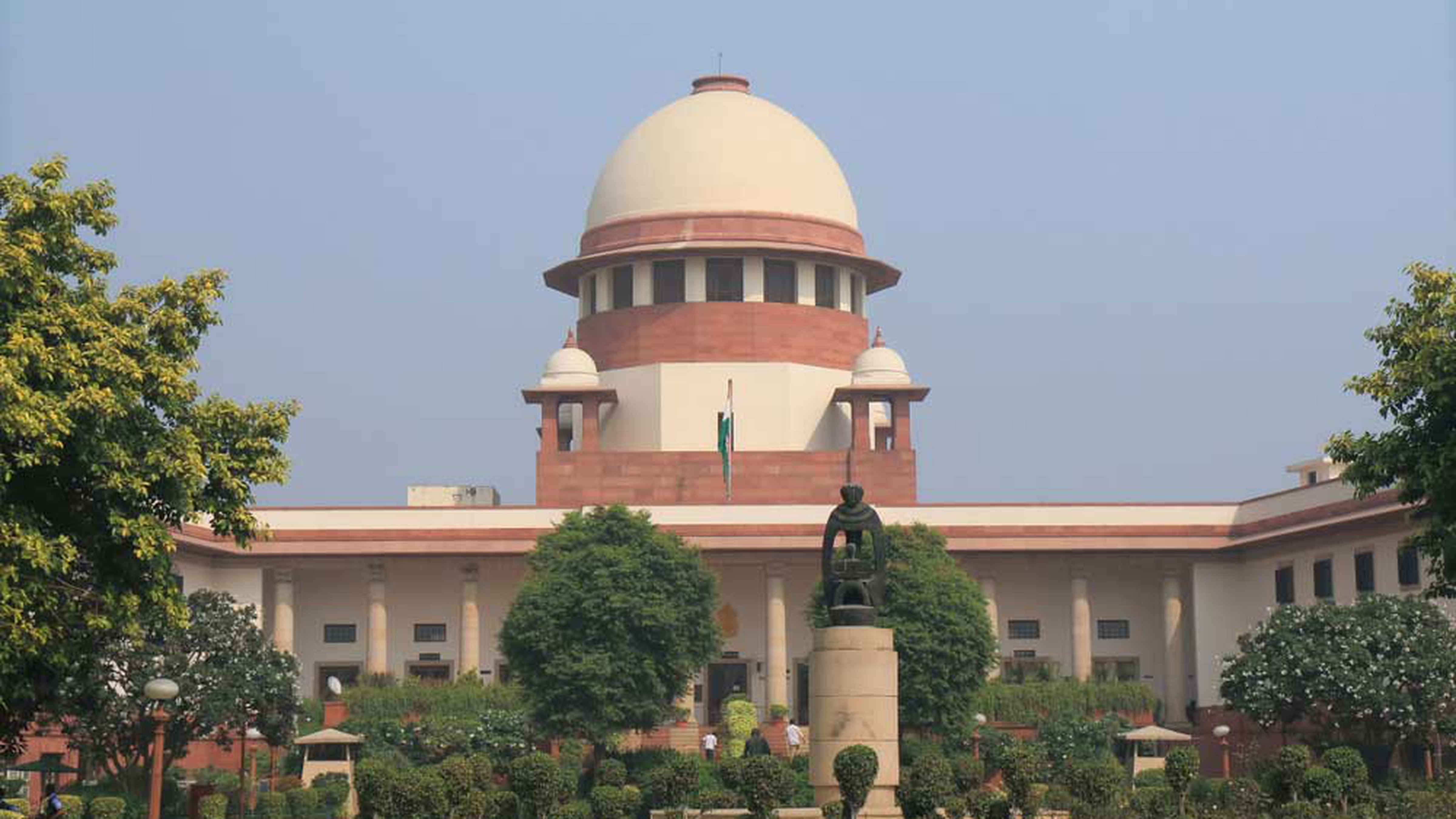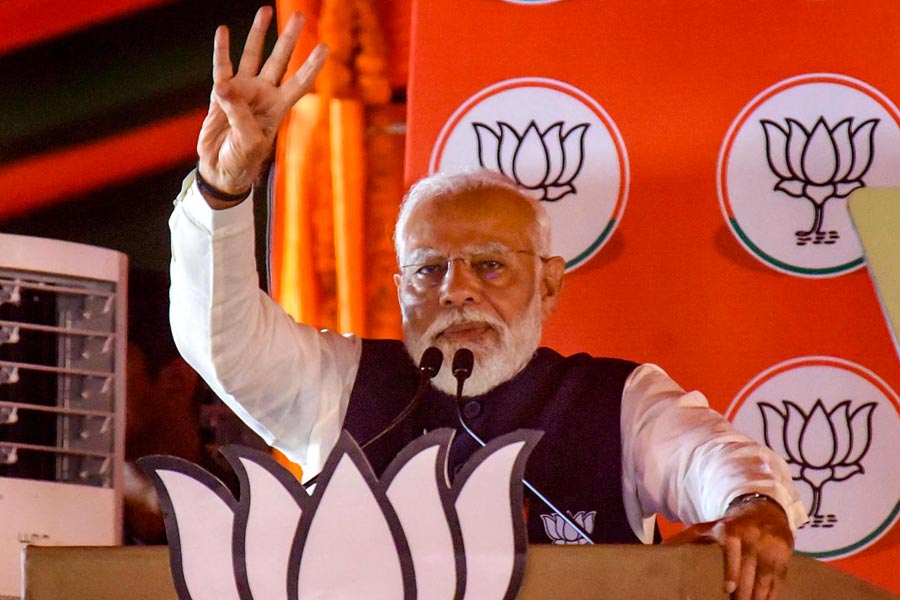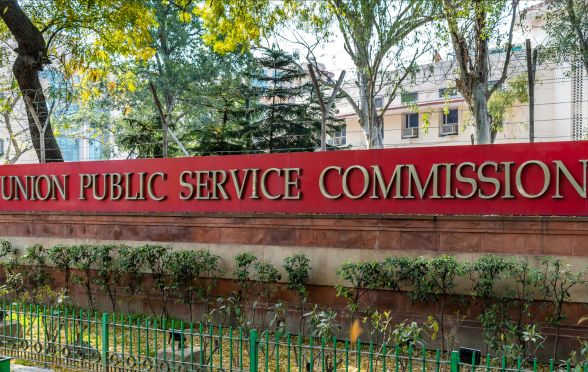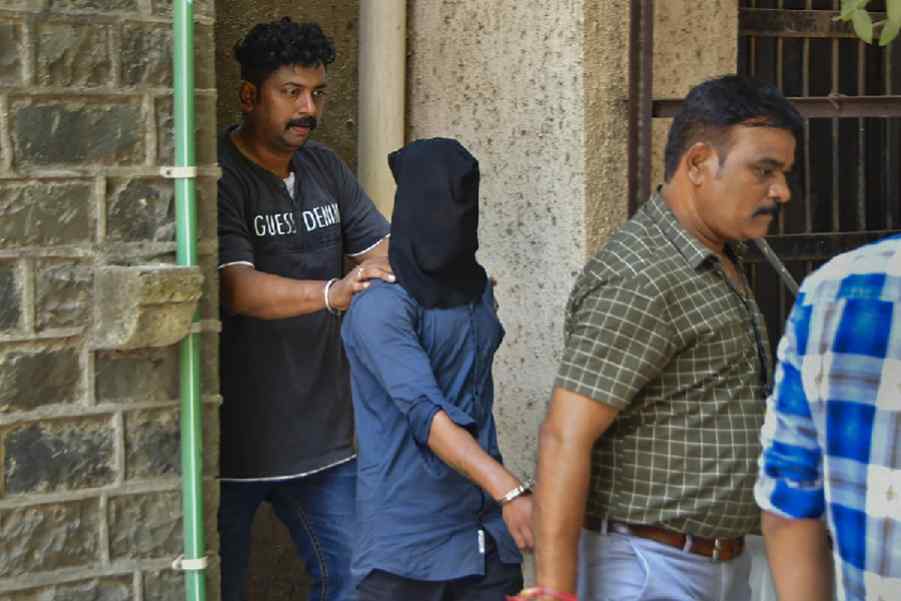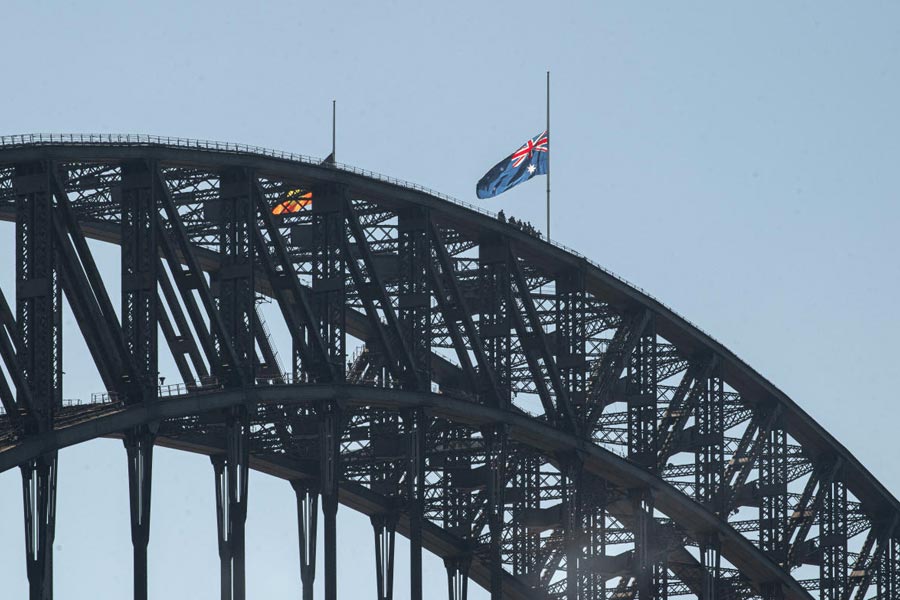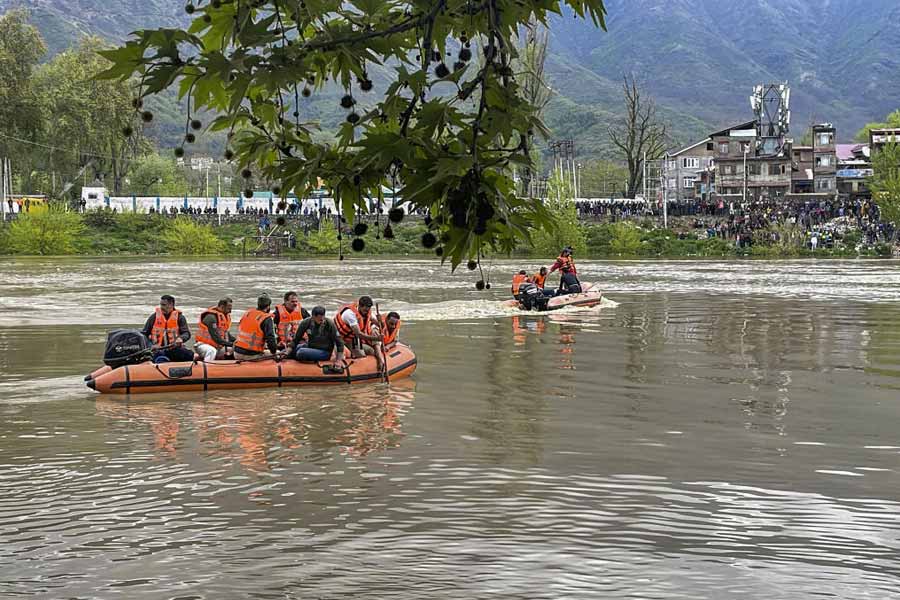Evidence holds the key to prosecution. Thus, the easiest way to impair an investigation and, by extension, the process of dispensing justice is to cause harm to the witness. Harm, in this instance, may not imply intimidation only, even though threatening witnesses is a common method of silencing them. In many instances, witnesses whose testimonials are of critical importance have been done away with. The fate of the Right to Information activists is a case in point. It has been reported that over 50 activists have been killed and scores assaulted for pursuing the risky causes of truth and justice. The Supreme Court’s directive to the Centre and the states to set up India’s first witness protection scheme by the end of next year needs to be seen in the light of such violations. The highest court has stated, with good reason, that the programme that had been formulated by the Centre in consultation with 18 states and Union territories after an earlier judicial prod would be treated as a law till the time Parliament and state assemblies create similar legislations to protect those testifying against influential persons. The provisions of the programme, which will be implemented on the basis of the threat perception, appear to be quite exhaustive. A range of protections has been envisaged: providing police escorts to courtrooms, the implementation of technology to avoid depositions in open court, in-camera proceedings, restrictions on the media to disclose the identity of the witnesses, even temporary safe houses if the need arises, among other measures. If implemented properly, these measures could go a long way in preventing the travesty of justice, an unfortunate, but not uncommon, occurrence.
Ironically, the urgency to create what seems to be a comprehensive security net for witnesses is an acknowledgement of the shadowy nexus among vested interests that seek to derail justice. It would not be incorrect to suggest that politicians and influential lobbies usually benefit from stalling investigations. A corrupt police force is an able ally in this nefarious enterprise. Protecting witnesses is important, perhaps as important as eliciting a deeper public commitment to the cause of justice and transparency. Therefore, mobilising public opinion against the pervasive culture of intimidating and eliminating witnesses holds the key. The court’s decree would reassure conscientious citizens. But it could alarm segments of the polity that remain hand in glove with criminals.

